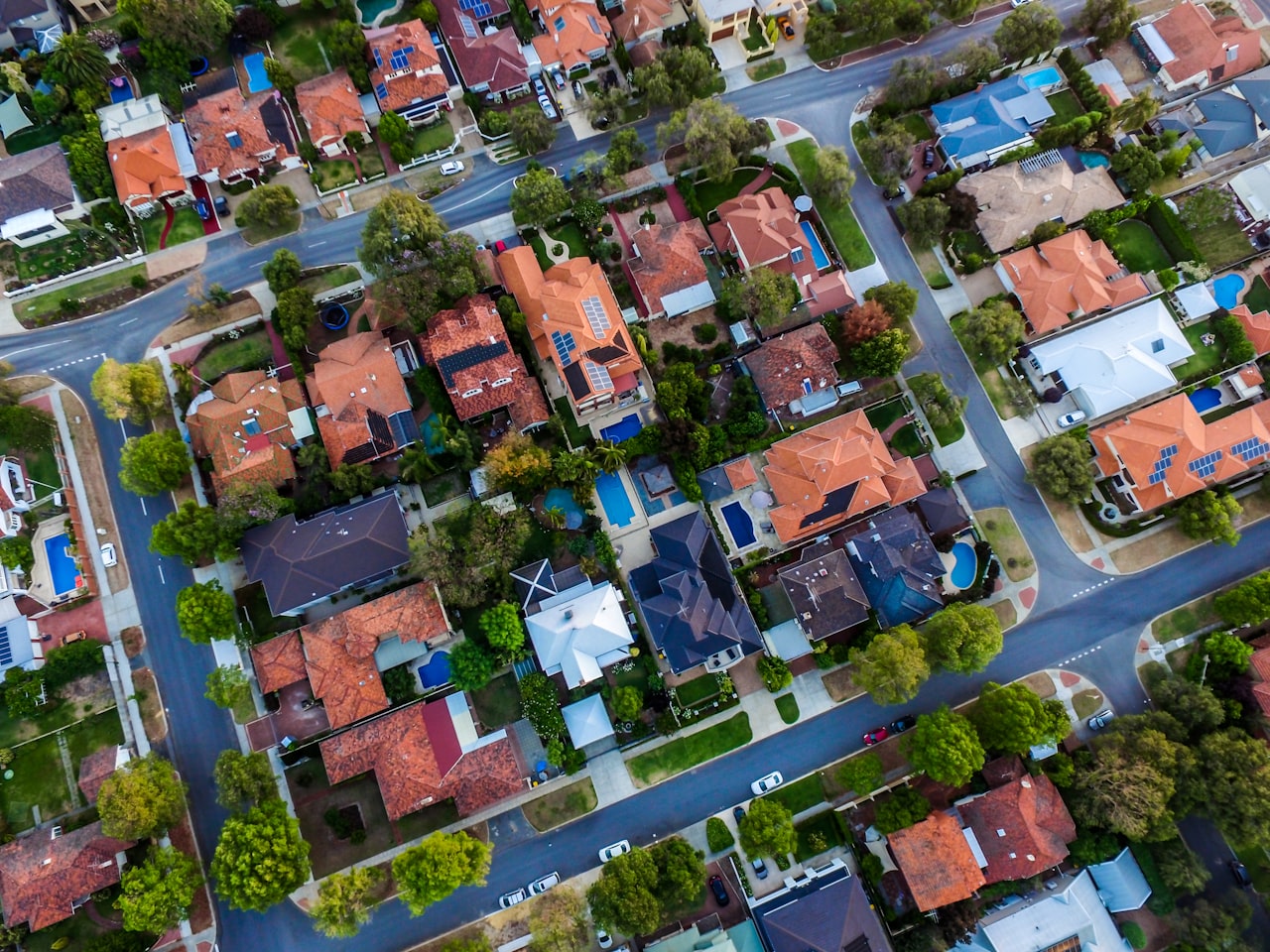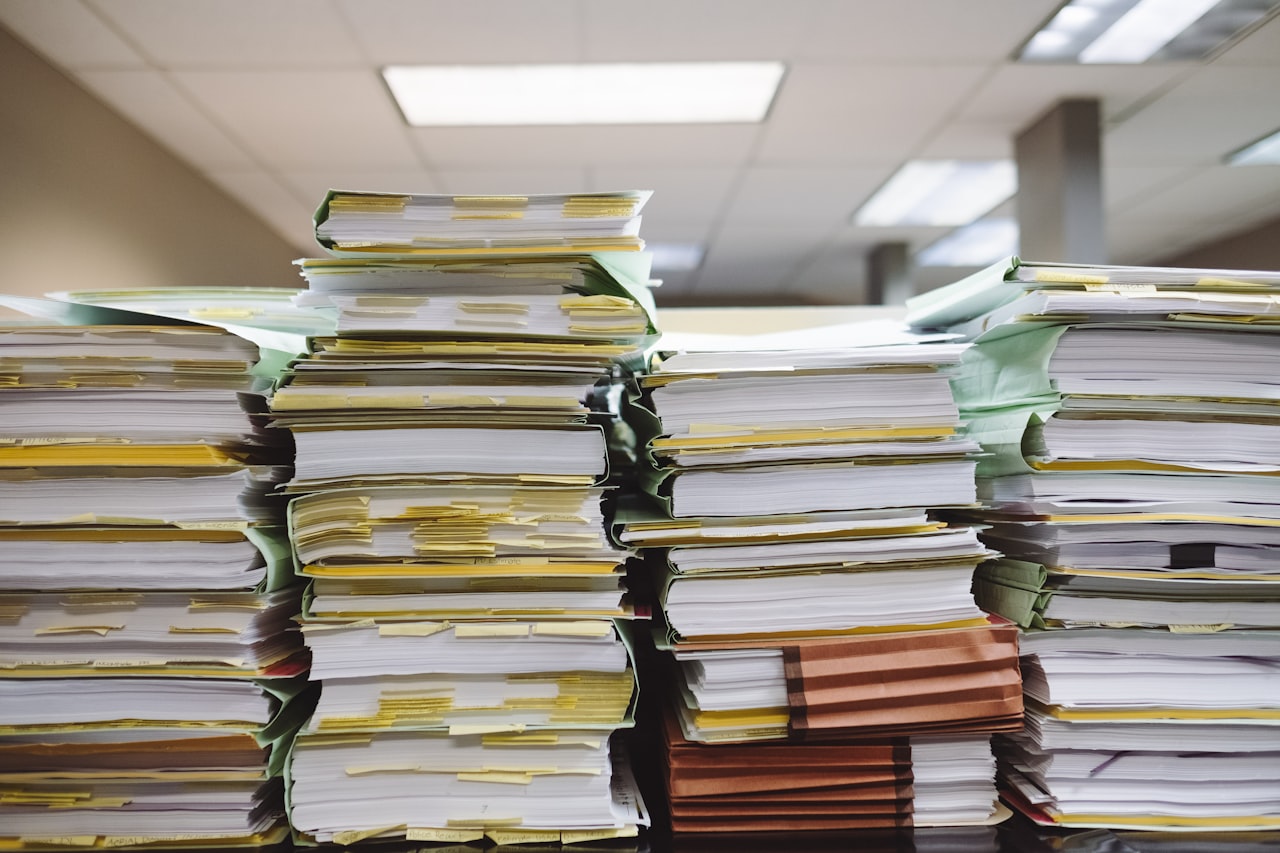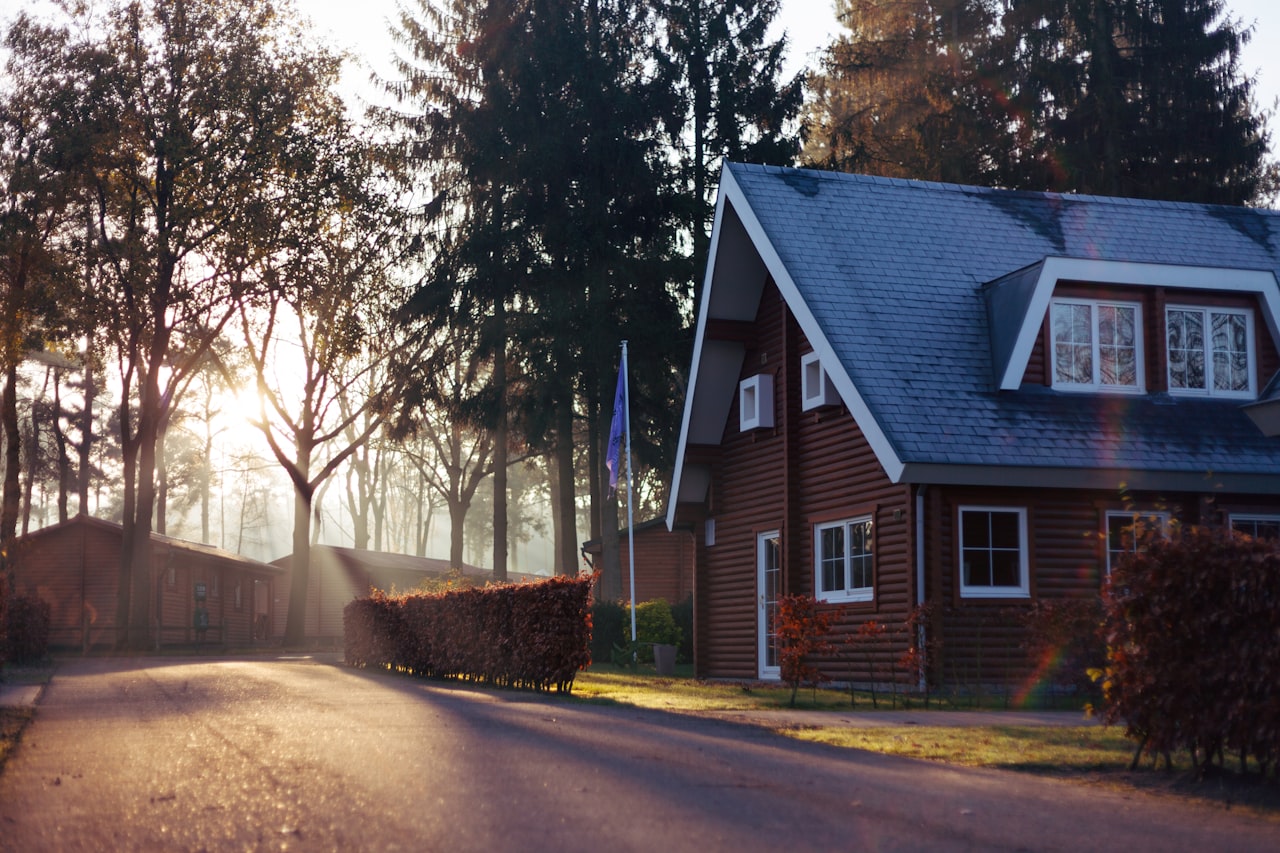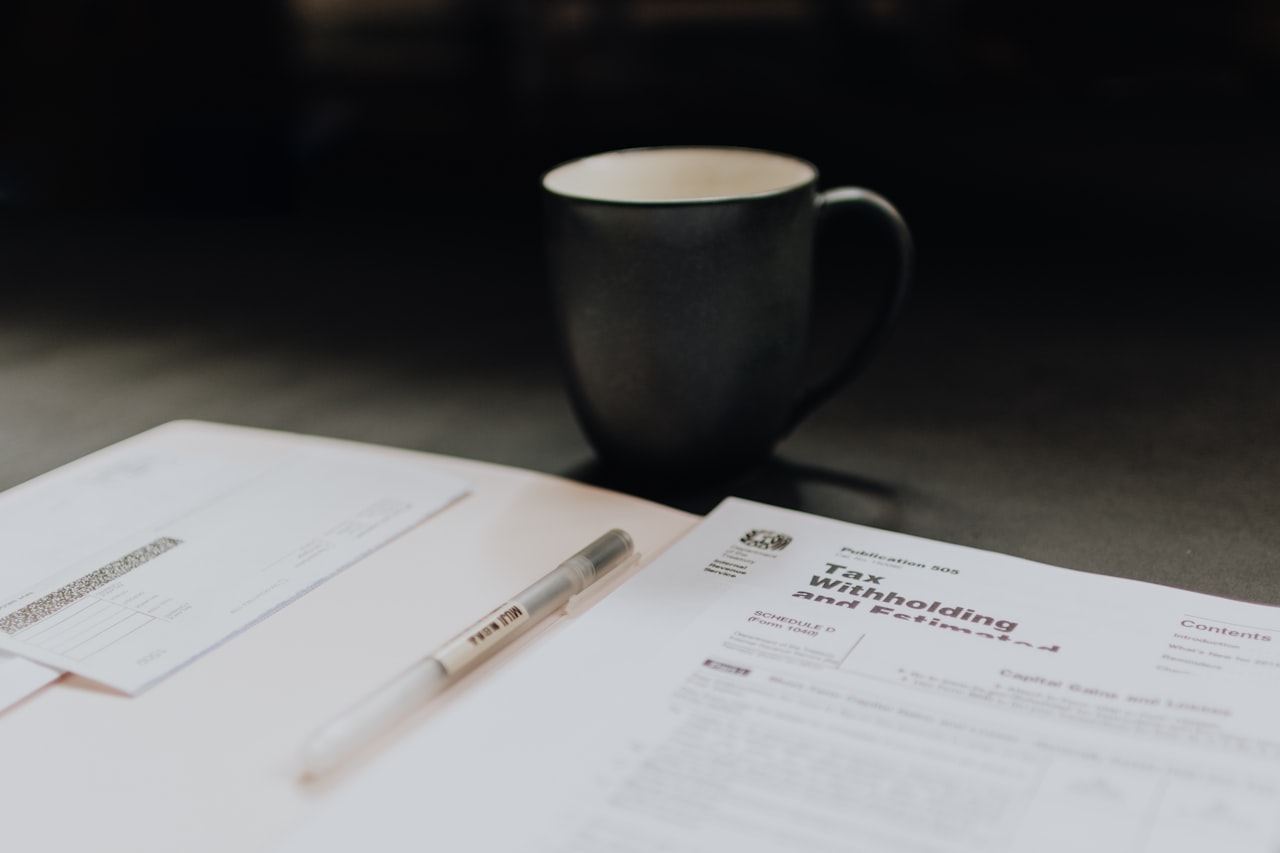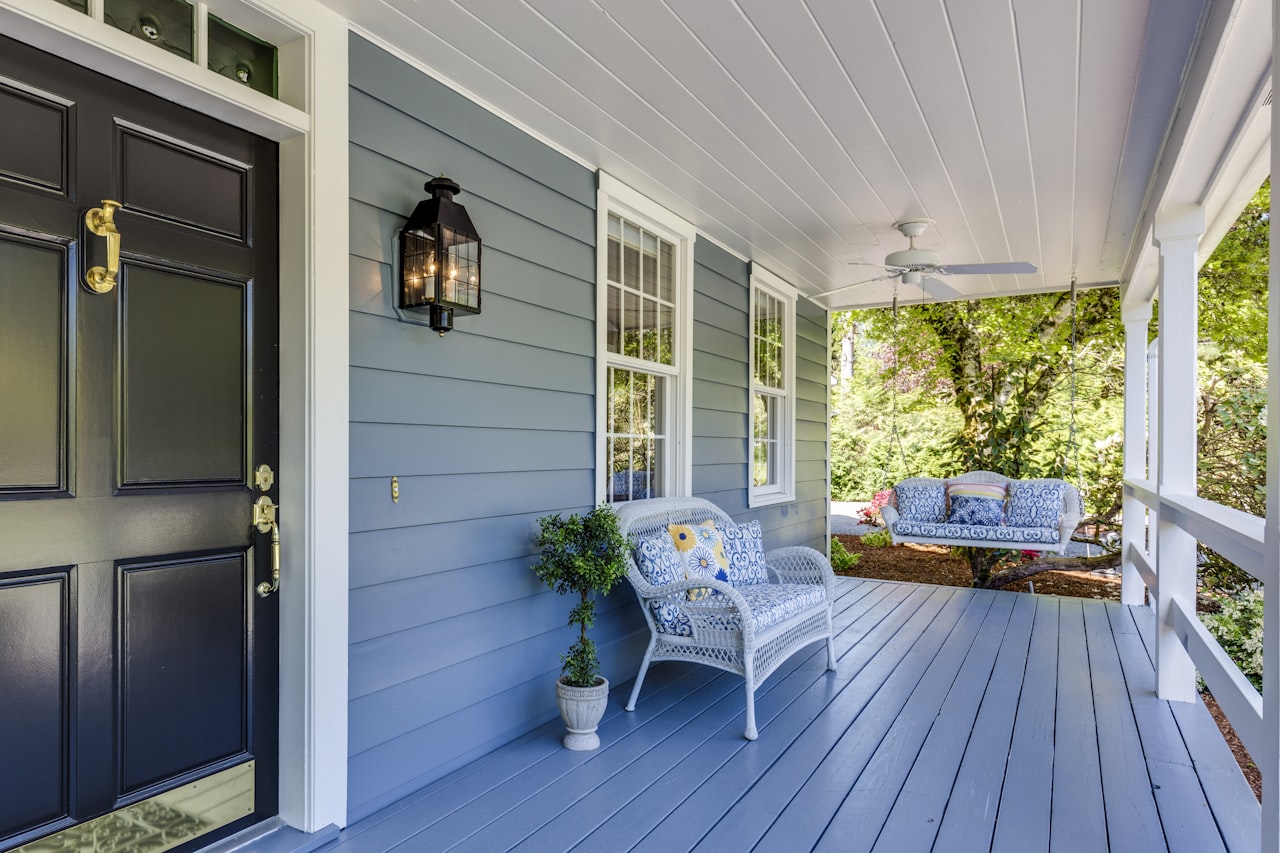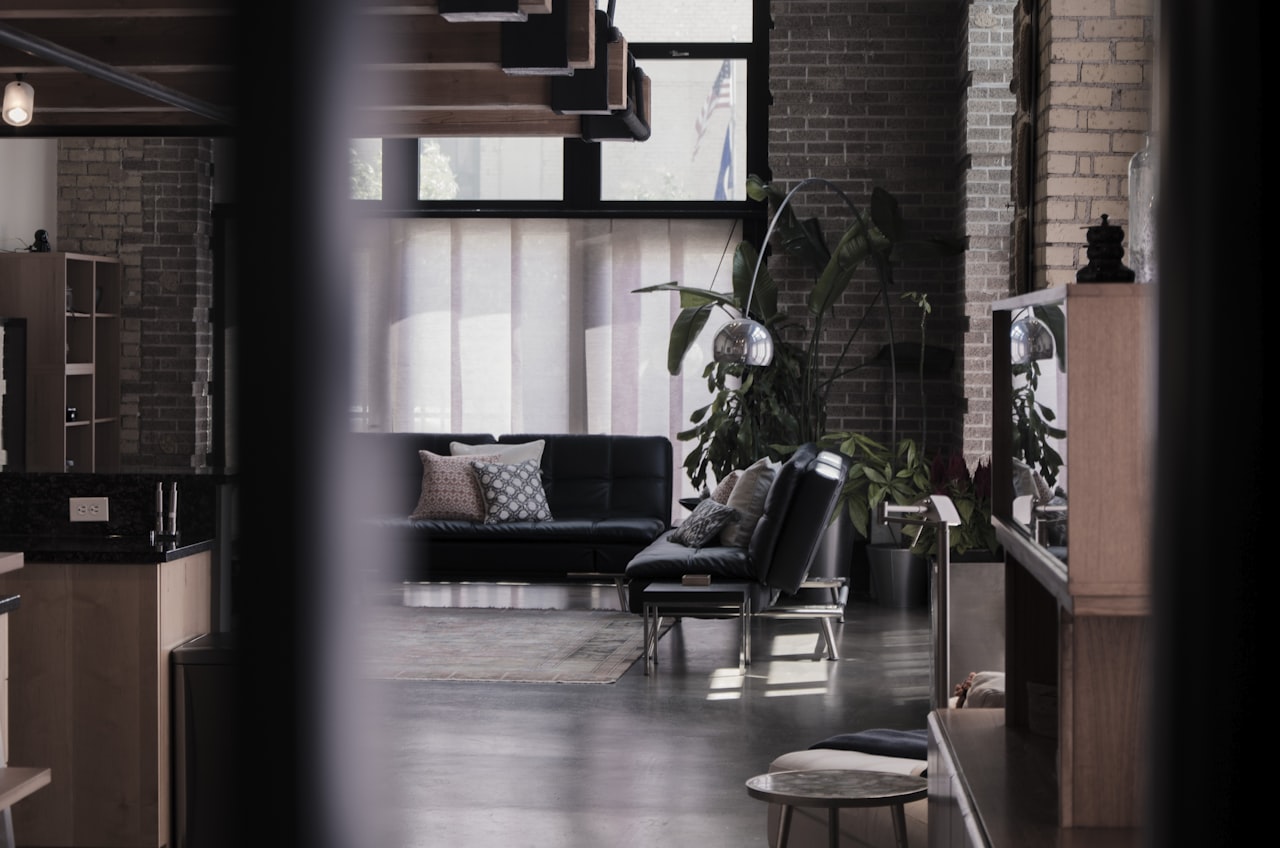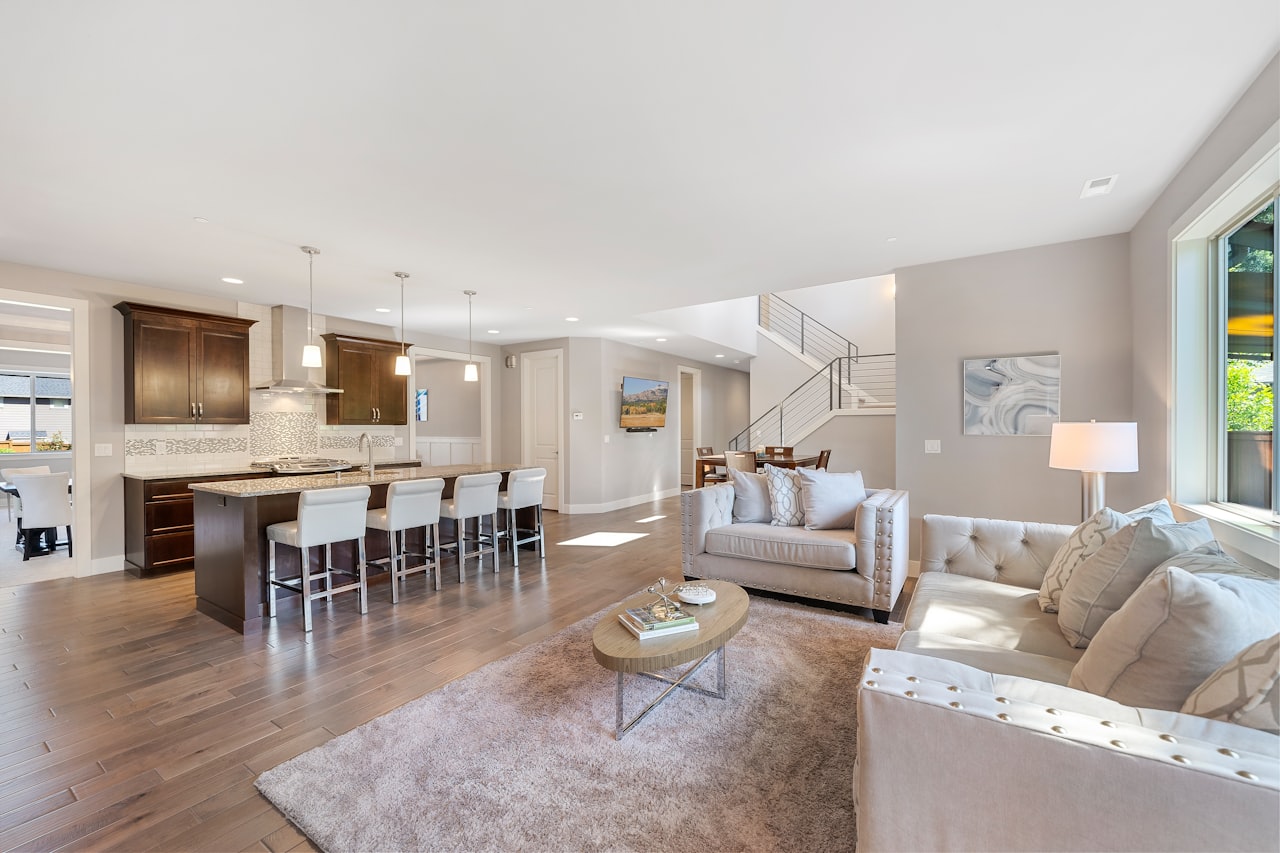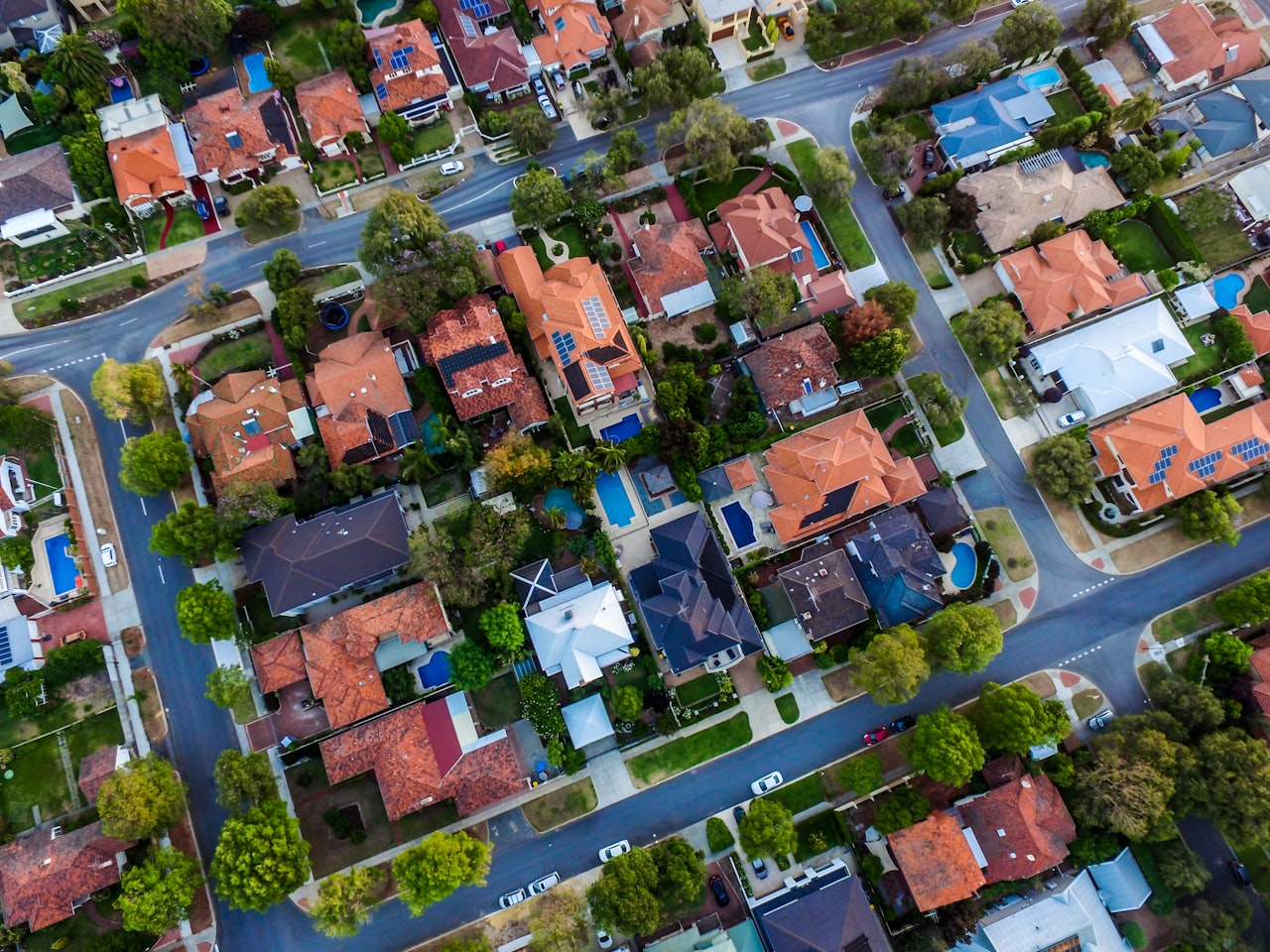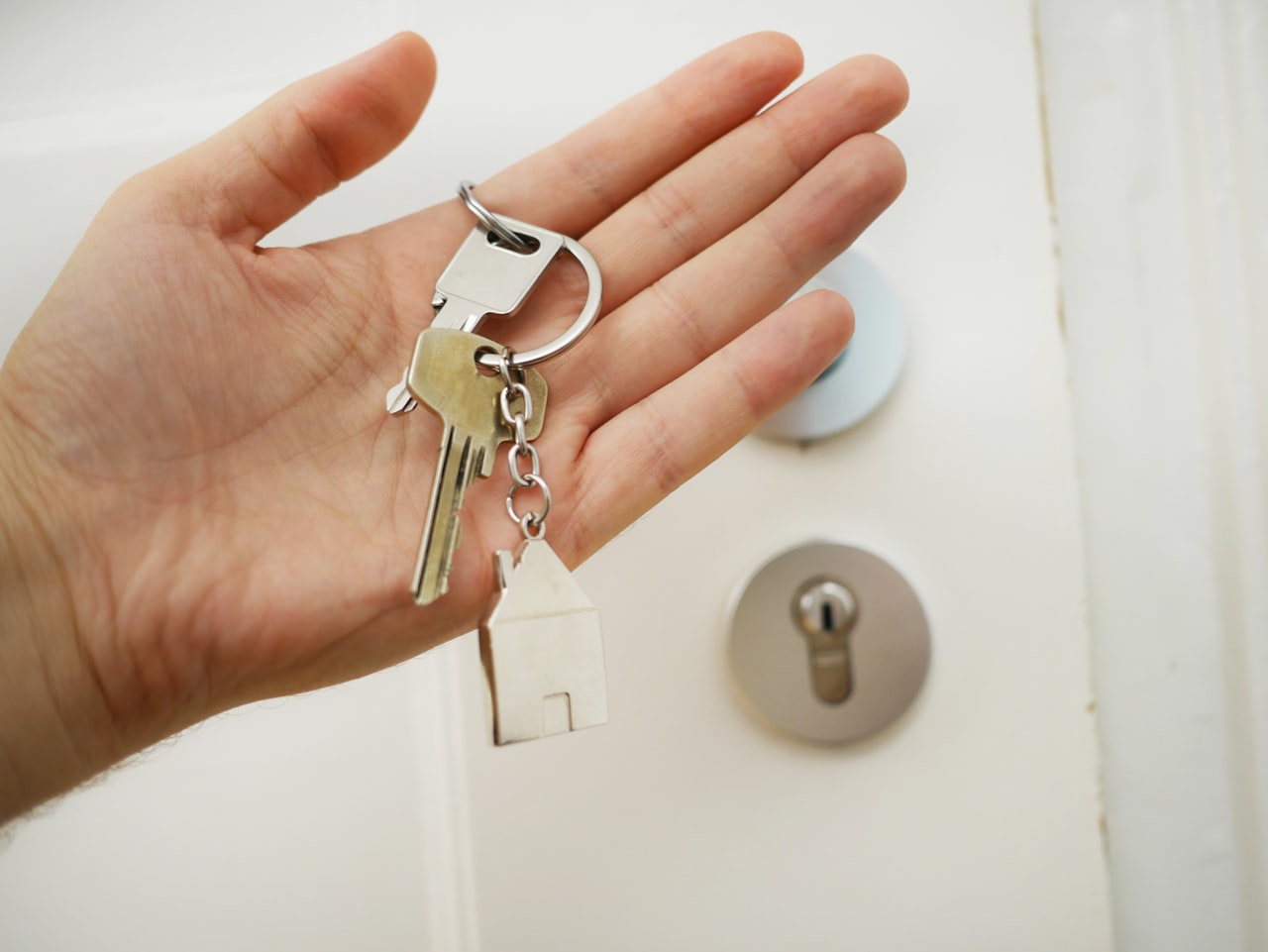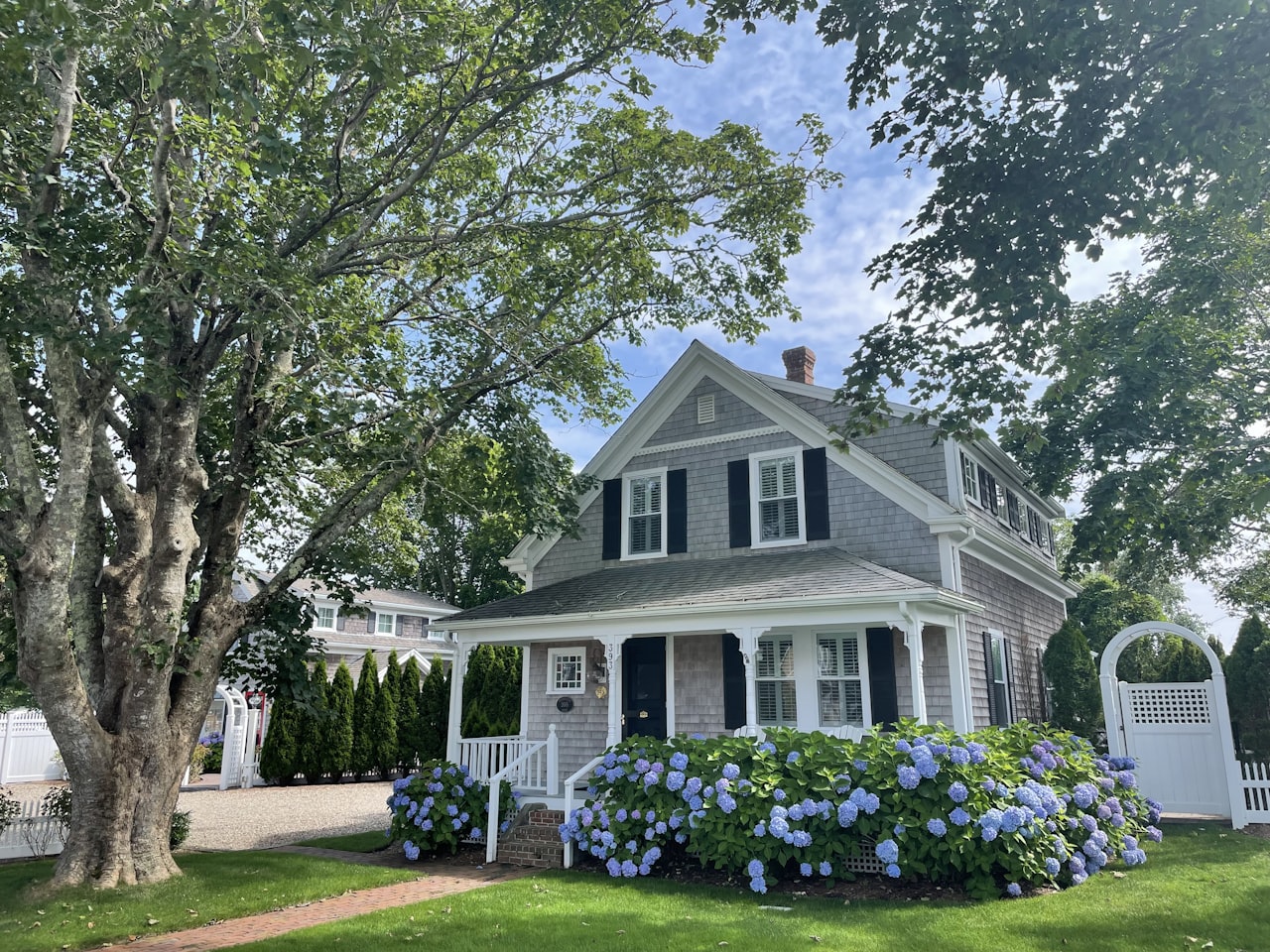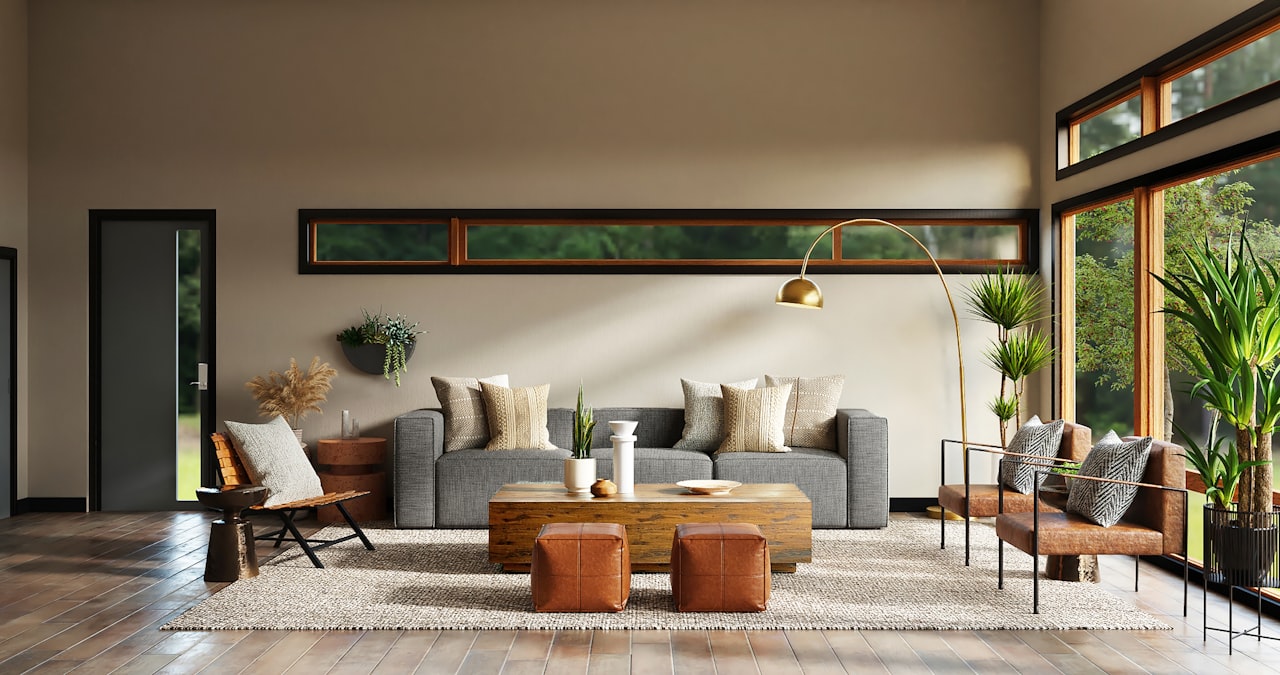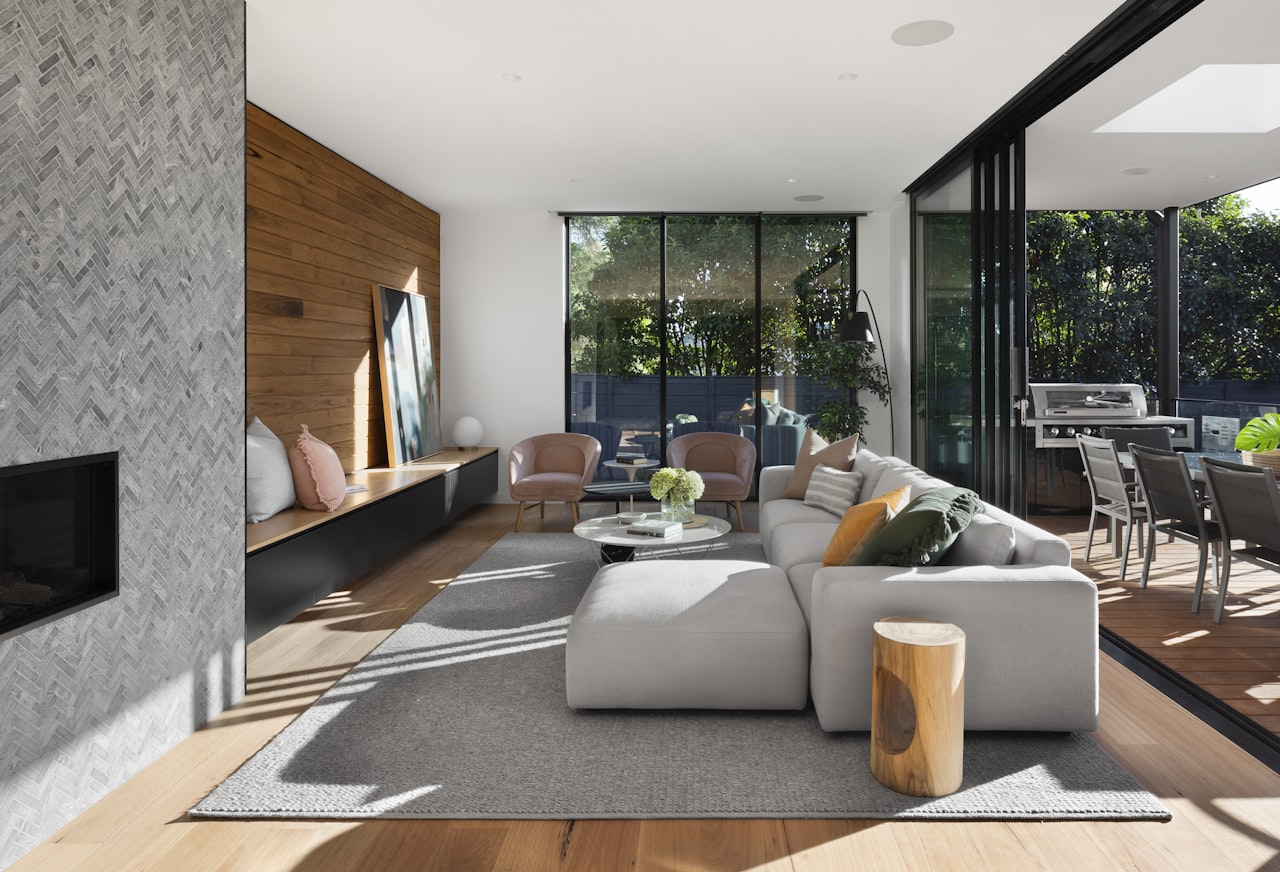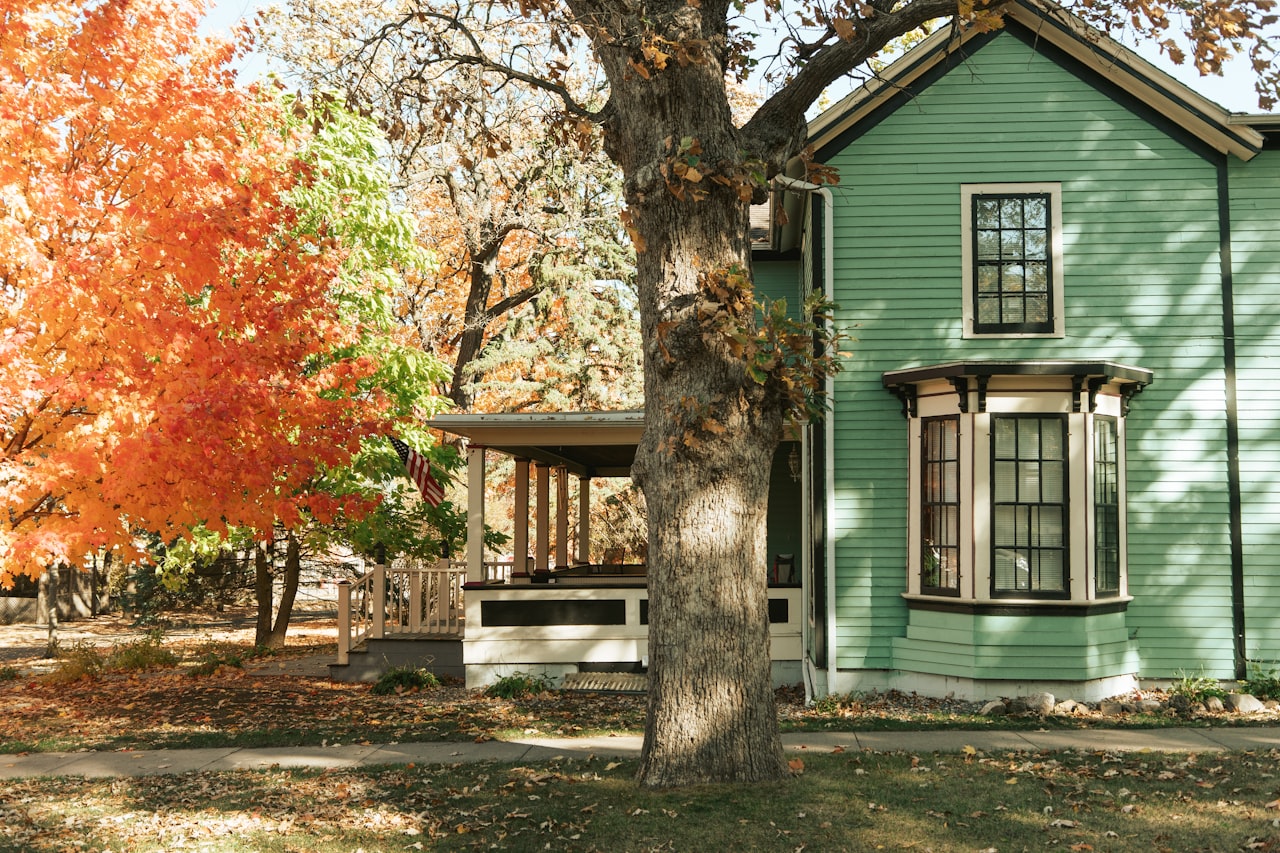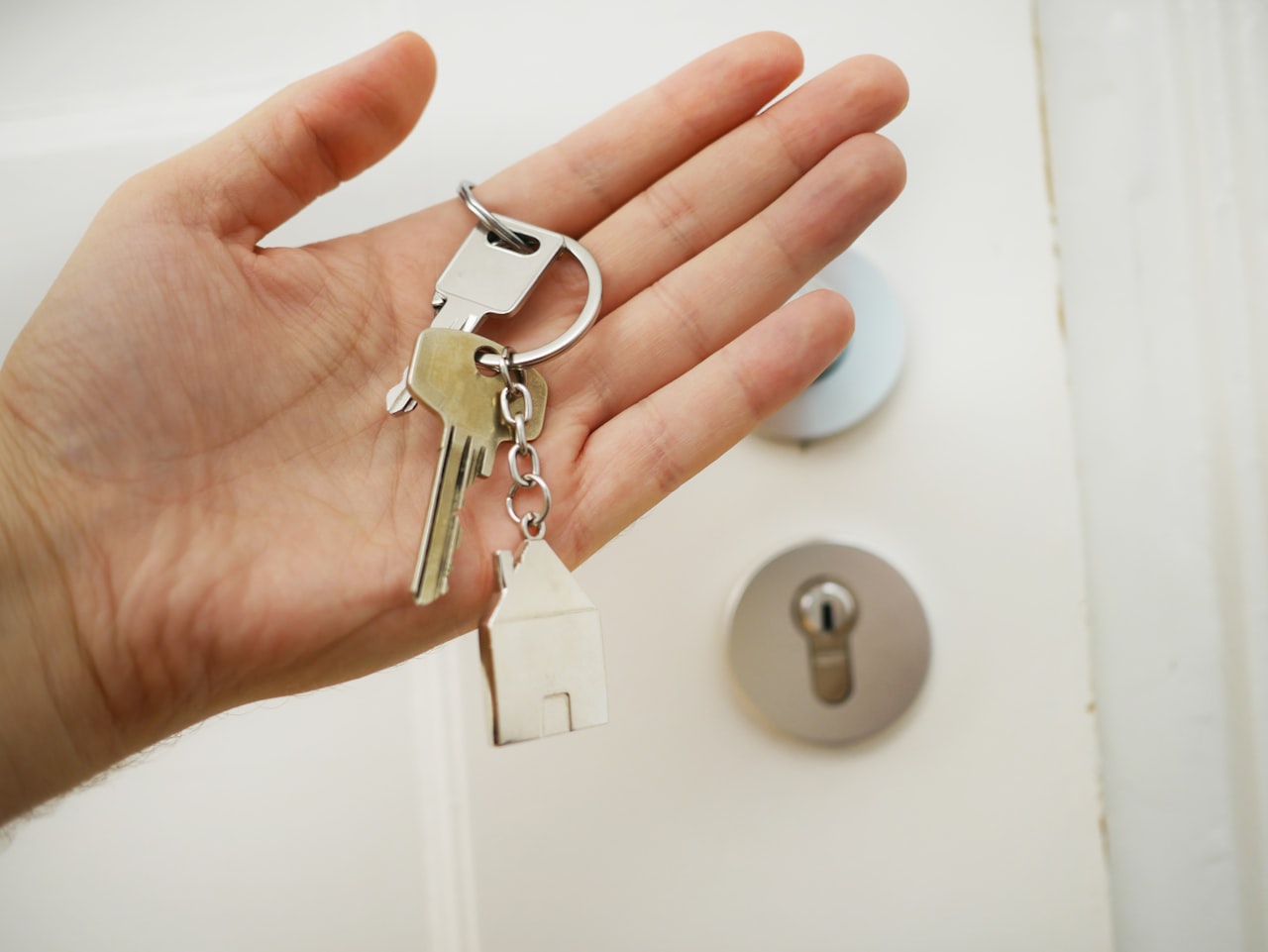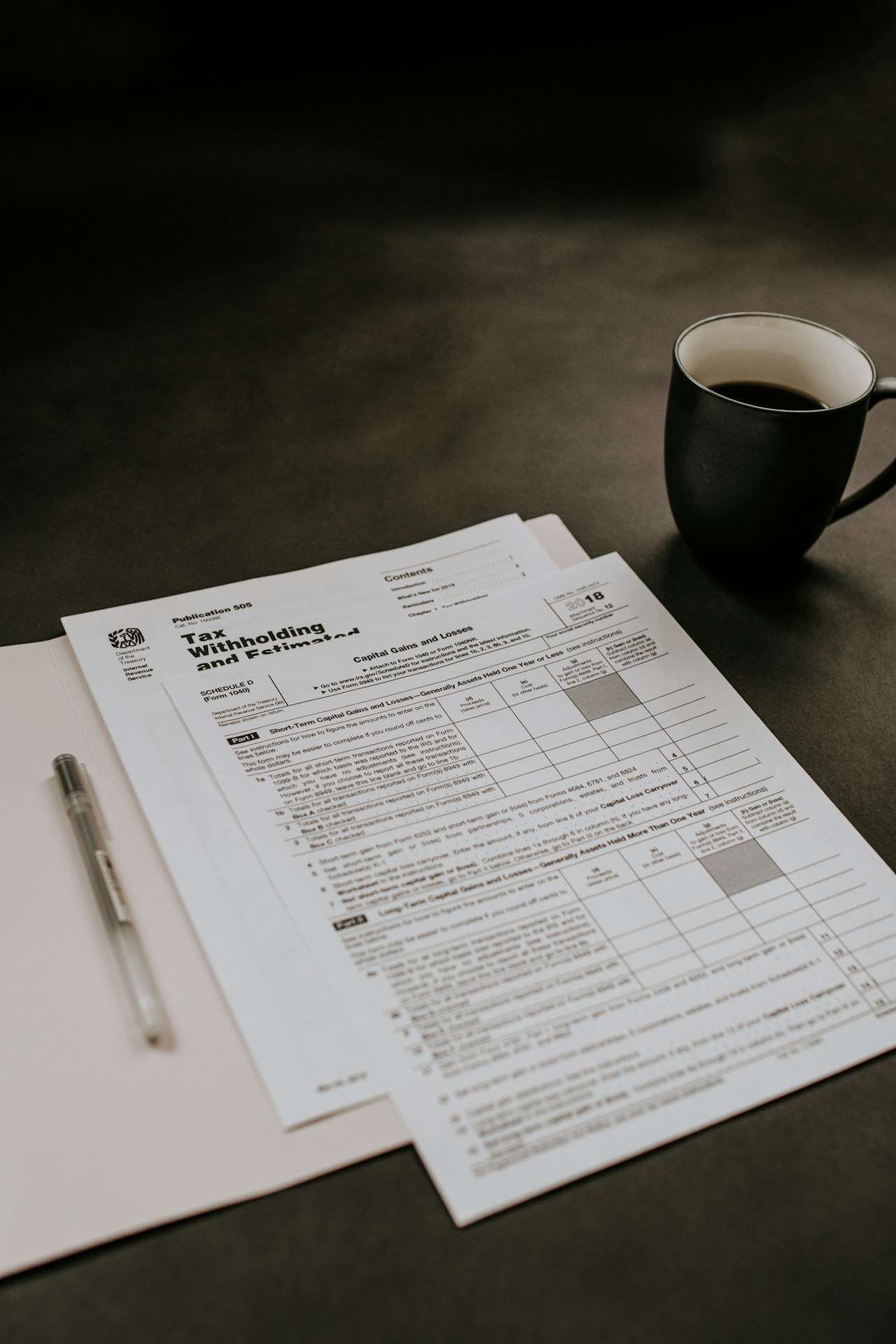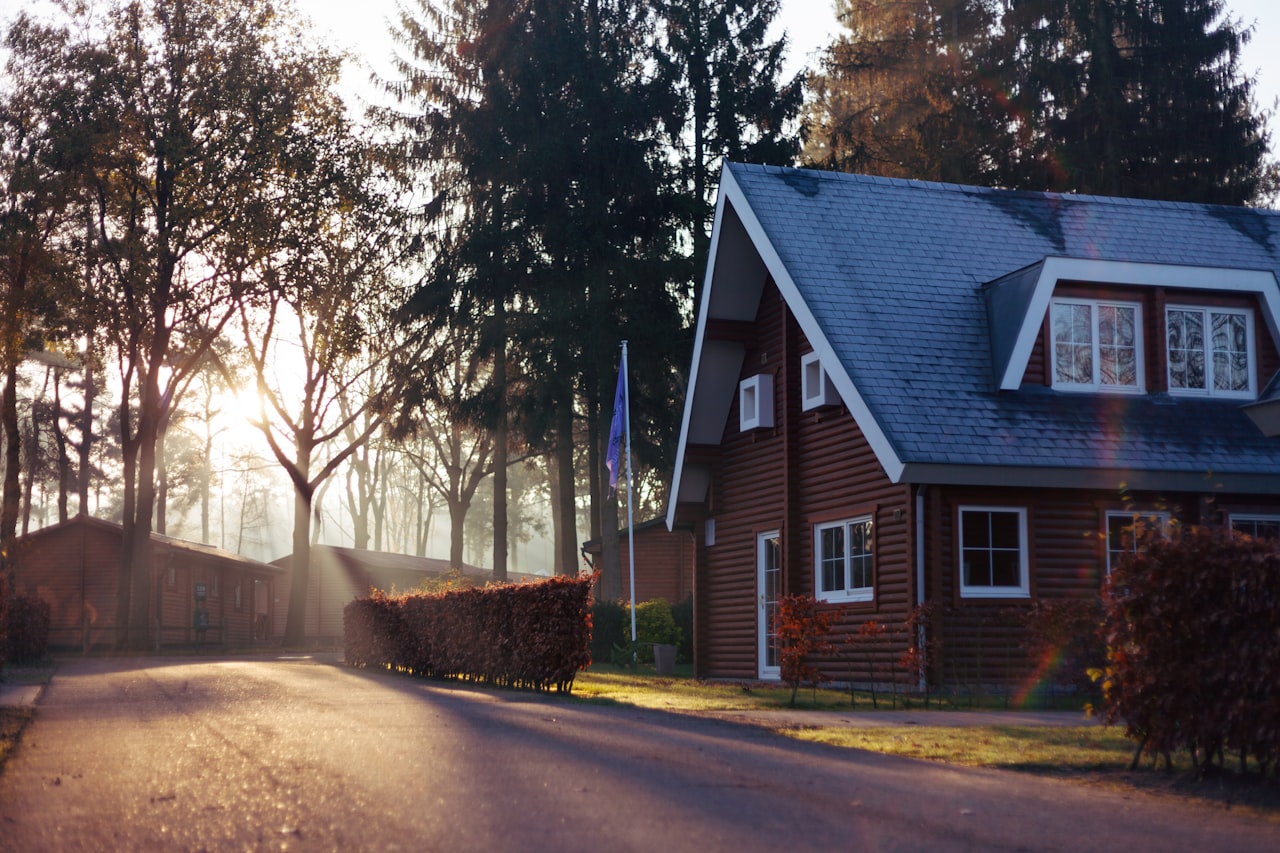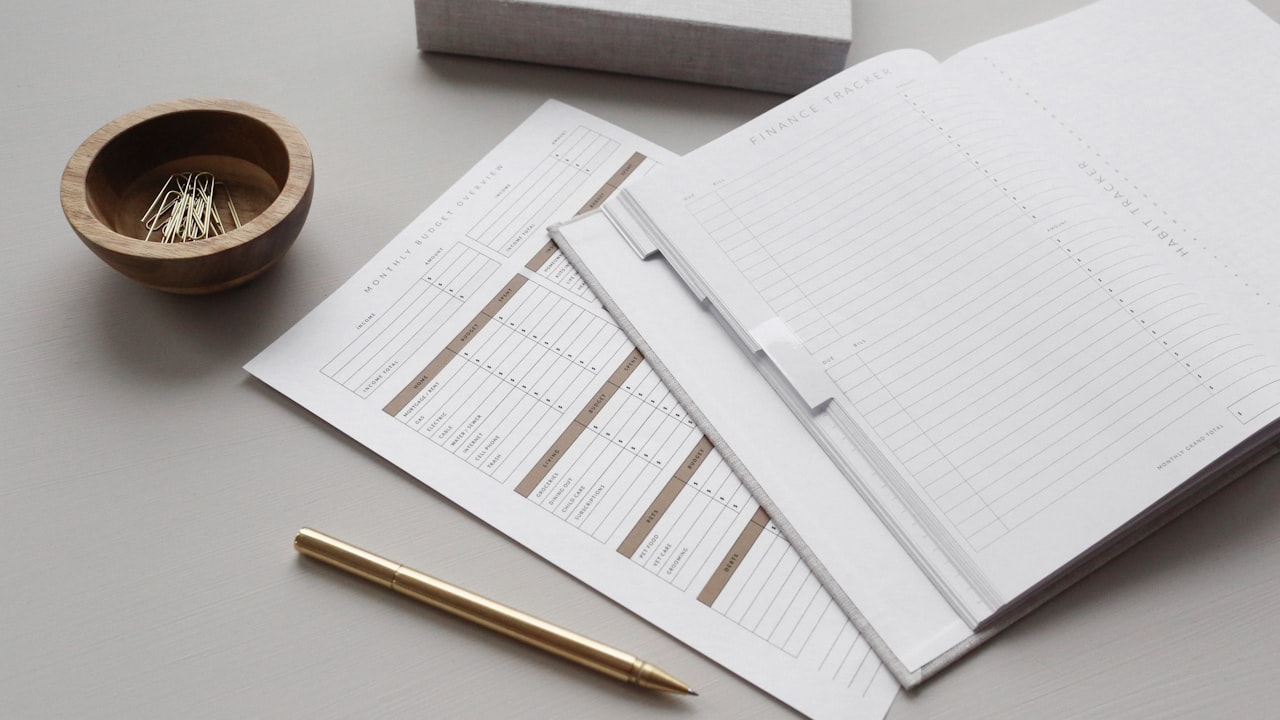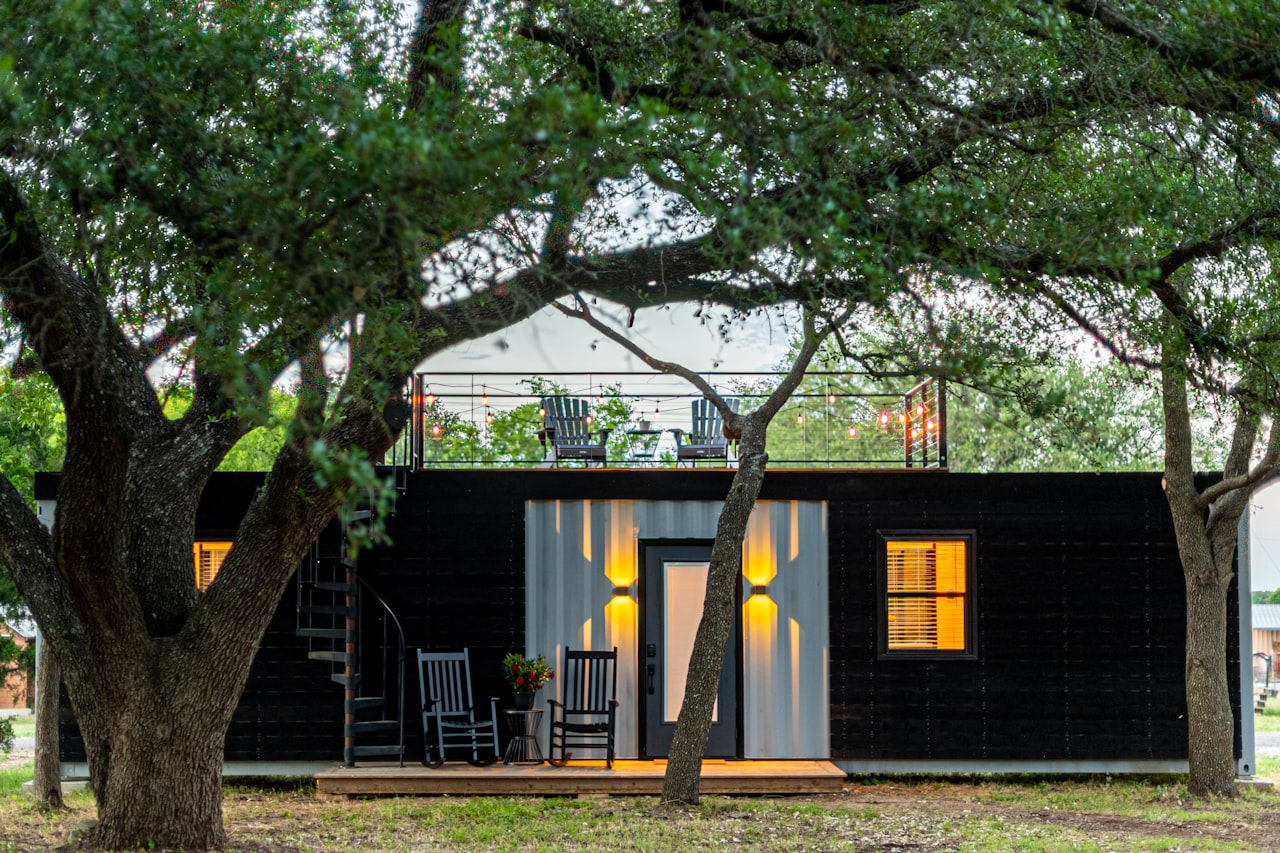The decision to purchase a home is a highly personal one, based on both tangible and intangible factors.
Only You Can Decide If The Time Is Right, But Liz Can Help
While it may be acceptable to run out and purchase a new TV on an impulse, the decision to buy a home requires a bit more thoughtful planning and decision-making. Whether you are a first-time buyer or a seasoned investor, buying a home is one of life’s biggest financial and emotional decisions. The process takes stamina, desire, and commitment not only to navigate the complicated time-consuming purchase process but also to learn the ins and outs of being a responsible homeowner.
Perhaps you have dreamed about buying. Or maybe you have researched homes for sale online, attempted to calculate how much you can afford to spend, or visited a few open houses on the weekends. But are you really ready, emotionally and financially, to take the plunge? Beyond your personal situation, local market conditions, financing costs, and future expectations must also be evaluated. Here is a look at whether you are good to go or need a little more time to prepare.
The following list of questions can help you decide If you are ready to move forward with a home purchase.
Purchasing Considerations
-
If you purchase a home, how long do you expect to live there?
-
What can you afford to pay each month for housing-related expenses?
-
What are the total costs of homeownership? (These may include mortgage payments, property taxes, homeowners insurance, utilities, maintenance costs, and other special fees).
-
Do you expect these housing-related expenses to increase or decrease?
-
What additional expenses are needed to complete a purchase? (closing costs, moving expenses, etc.)
-
Will your homeownership costs decline after adjusting for interest expense deductions and property taxes?
-
Are local market prices favorable to purchasing? What are your expectations of future prices?
-
Do you qualify for any special purchasing assistance programs that can help reduce the cost?
Renting Considerations
-
If you are now a renter, what are your total housing expenses? (these might include rent, utilities, storage, parking, etc.)
-
How does renting vs. buying factor into your long-term investing goals?
Other Factors
-
What are your personal preferences regarding the type of housing you wish to live in?
-
How does location factor into your housing preferences?
-
How do you expect your personal situation to change in terms of future housing needs?
-
What are your expectations concerning future employment?
-
What are your long-term personal and financial coals with regards to housing?
One-time Expenses
-
Appliances: Will the appliances in the home need upgrading now or in the near future? Don’t forget the water heater and HVAC.
-
Furniture: Moving from a one-bedroom apartment to a three-bedroom house often means you’ll need more furniture.
-
Remodeling: Before purchasing a home that needs remodeling, ask a contractor to give you an estimate.
Ongoing Expenses
-
Principal, Interest, Taxes & Insurance – If you have a fixed-rate mortgage, the payment will remain the same for the life of the loan.Taxes and insurance may increase.
-
Homeowner Association Fees – Fees or assessments for a condo, townhouse, or single-family home with an association can increase yearly. Compare fees of similar properties line-by-line. Check what the fee includes; for example, utility gas, electricity, garbage pickup, and water. Watch out for special assessments for capital repairs and improvements to common areas.
-
Exterior Maintenance – Replacing the roof, painting the siding or trim, sealing the driveway, sealing the deck, replacing windows, gutter cleaning or repair, septic and well maintenance are just some of the additional exterior maintenance costs in owning a home. Some jobs you can do yourself, but others require professionals. Don’t forget the tools that go along with home maintenance: power washers, compressors, heavy-duty ladders, and power tools.
-
Interior Maintenance – If you’ve been renting, your landlord probably picked up the tab for repairs and general maintenance. Once you own your home you’ll be footing the bill. You will need to maintain appliances, plumbing, and electrical systems, carpets, floor and wall coverings, etc.
-
Utilities – If you are renting, you’re probably used to budgeting for utilities. But the cost of heating a one-bedroom apartment can pale in comparison with the bills for an entire house. A real estate professional can help you find out about the current occupant’s costs but the family size and usage impact those numbers.
-
Yard Care – Plan on buying a lawnmower and other landscaping tools or budget for a professional lawn service.
-
Pest Control – Depending on location, be sure to schedule a termite inspection before you purchase a home. Purchasing a termite infestation bond may be in order. Even if there is no infestation at the time of the inspection, that’s no guarantee these or other pests won’t show up.
-
Transportation Costs – Don’t forget to calculate transportation costs whether by public transportation or your own vehicle. Budget for gas, oil, insurance, tires, and regular maintenance. Will you need to purchase another car to take care of all of the family’s transportation needs?
Ultimately, the best way to know if homeownership makes sense for you is to consult with the right professionals. Besides a Realtor®, it is also important to discuss your options with a financial advisor, tax planner, and mortgage lender. If you need a professional recommendation, I work with only the best in the industry. Contact Us

























